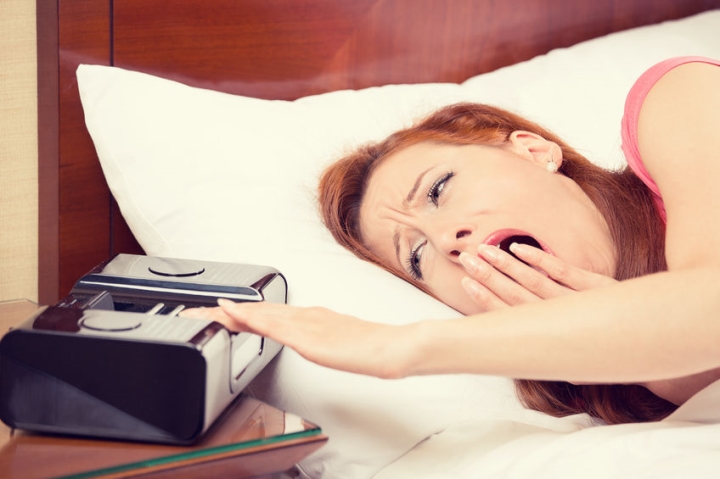

Tossing and turning? Here's how to get a good night's sleep
Sleep is rejuvenating and healing but if you don’t get enough of it there’s little doubt you’ll feel tired and strung out the next day. When you can’t sleep you drain your mental abilities and the long-term effects can put your physical health at real risk. There are many factors that can impact the quality of our sleep, including work stress, family responsibilities and the effects of the 24/7 society we live in.
According to Healthline, sleep-deprivation can lead to eating more, exercising less and gaining weight. Your immune system can be affected as can your memory retention, and lack of sleep is known to be a contributing factor to many chronic health conditions such as diabetes, heart disease and obstructive sleep apnoea.
How much sleep is ideal? The recommended amount for adults is between 7 and 8 hours each night. But a disturbing 2016 study by The Adelaide Institute for Sleep Health found that inadequate sleep affects a whopping 33–45% of Australian adults. If you’re sleepless most nights there’s no need to fret! Here are our top tips to ensure you always get a great night’s sleep.
1. Be careful with what you eat and drinkEating late and guzzling down a few glasses of wine each night can really affect your sleep pattern. Going to bed with a really full stomach can be uncomfortable and even though that wine might make you feel drowsy initially, it can disrupt your sleep later on. Remember too that coffee is a stimulant so if you’re tempted to have a nice frothy cappuccino before retiring for the night you might want to reconsider and have a calming cup of camomile tea instead.
2. Try to stick to a scheduleUnless you’re a shift worker, try to set a regular pattern for when you sleep - go to bed and get up at roughly the same times each day. Most of us don’t need more than 8 hours sleep per day so try to keep to that 7 to 8 hours every night, even on the weekends when it’s tempting to laze the morning away. If you try to limit your extra weekend sleep to no more than an hour each day, the consistency of your sleep pattern will reinforce your body’s sleep-wake cycle.
3. Break the no-sleep patternIf you’re lying between the sheets tossing and turning for more than 20 minutes, it’s time to break the pattern. Leave the bedroom and do something relaxing like reading a book or listening to music. Head back to bed when you’re feeling sleepy and repeat as needed. Your body will soon get used to the fact that you won’t put up with tossing and turning for long.
4. Make the bedroom a restful place to beYour bedroom should be an ideal place for sleeping. Light and bright will make it a real challenge to fall asleep so try to make sure your room if dark and quiet. Try not to spend time playing on your phone, tablet or computer before bed as the LEDs can make it hard for you to sleep later.
5. Include exercise in your daily routineWe all know that regular exercise is good for our physical health, but it can also promote a better sleep (just try not to exercise too close to bedtime or it will have the opposite effect). Spending a little time outdoors every day will help you get a better night’s sleep too.
6. Try not to nod off during the dayIt might be tempting to put your head down for a little catnap in the afternoon but it can really affect your night-time sleep. If you really do need to take a nap, try to limit your shuteye to no more than 30 minutes and avoid doing it late in the day.
7. Take a breakSometimes a change of scenery can do wonders, especially if your lack of sleep is due to stress. A week in the sun is the perfect remedy and there’s no need to lose sleep over how to find the cash to pay for it. Just take a look at our flexible mini-loans from $1K - $5K to find out how quick and easy it is to get your hands on some extra funds. Once a loan is approved, we can usually get the cash into your bank account within a few hours - so instead of tossing and turning tonight you could start planning that relaxing holiday!